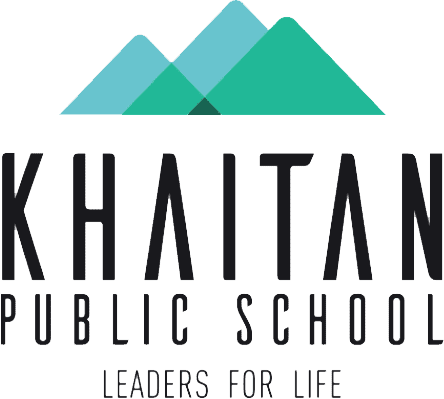Social media has become an integral part of students’ lives, shaping their mental health, academic performance, and interpersonal relationships. While it offers numerous benefits, such as connectivity and access to information, it also poses significant challenges. This article explores the pros and cons of social media for students, supported by research findings and expert opinions.
The Pros of Social Media for Students
1. Enhanced Connectivity and Communication
Social media platforms enable students to stay connected with peers, family, and educators, regardless of geographical barriers. According to a study published in the Journal of Educational Technology, students who use social media for academic purposes report better collaboration and communication skills. Platforms like WhatsApp and Microsoft Teams facilitate group discussions, project collaborations, and instant feedback.
2. Access to Educational Resources
Social media serves as a gateway to a wealth of educational content. YouTube channels, educational blogs, and online forums provide tutorials, lectures, and study materials. A 2022 study in Computers & Education found that 72% of students who use social media for academic purposes experience improved learning outcomes.
3. Opportunities for Self-Expression
Platforms like Instagram and TikTok allow students to showcase their talents, creativity, and opinions. This can boost self-esteem and provide a sense of identity. A 2021 survey by the Pew Research Center revealed that 65% of teenagers feel more confident sharing their achievements online.
4. Mental Health Support
Online communities and mental health awareness campaigns provide students with access to support networks. A 2020 research paper in the Journal of Adolescence noted that social media can serve as a coping mechanism for students dealing with anxiety and depression, offering peer support and professional resources.
The Cons of Social Media for Students
1. Negative Impact on Mental Health
Excessive use of social media has been linked to anxiety, depression, and low self-esteem. The phenomenon of “social comparison”—comparing oneself to idealized portrayals of others—is particularly harmful. A 2019 study in Cyberpsychology, Behavior, and Social Networking reported that students who spend more than three hours daily on social media are twice as likely to experience mental health issues.
2. Academic Distractions
Social media can be a significant distraction, leading to procrastination and reduced academic performance. According to research published in the Journal of Applied Research in Higher Education, 68% of students admit that social media negatively affects their focus and study habits.
3. Cyberbullying and Online Harassment
Cyberbullying is a prevalent issue among students. A 2021 study in the Journal of School Violence found that 23% of students have experienced cyberbullying, which can lead to severe psychological distress and academic difficulties.
4. Strained Interpersonal Relationships
Excessive social media use can hinder face-to-face communication skills and lead to misunderstandings. A 2020 paper in the International Journal of Social Psychology highlighted that students who rely heavily on social media for interaction often report feelings of loneliness and isolation.
Balancing Social Media Use: Recommendations for Students
1. Set Time Limits
Using apps like Screen Time or Digital Wellbeing can help students manage their social media usage. Experts recommend limiting usage to less than two hours per day to mitigate negative effects.
2. Prioritize Academic Tasks
Students should establish a schedule that prioritizes study time over social media. Tools like Pomodoro timers can enhance productivity.
3. Engage in Offline Activities
Participating in extracurricular activities, sports, and hobbies can reduce dependency on social media and improve mental well-being.
4. Seek Professional Help When Needed
If social media use is causing significant stress or mental health issues, students should consult counselors or psychologists.
Research Papers and Studies Referenced
- “The Role of Social Media in Enhancing Student Learning Outcomes,” Computers & Education, 2022.
- “Social Media and Adolescent Mental Health: A Review,” Journal of Adolescence, 2020.
- “The Effects of Social Media on Academic Performance,” Journal of Applied Research in Higher Education, 2019.
- “Cyberbullying Among Students: Prevalence and Impact,” Journal of School Violence, 2021.
- “Social Comparison and Mental Health in the Digital Age,” Cyberpsychology, Behavior, and Social Networking, 2019.
Conclusion
Social media is a double-edged sword for students. While it offers unparalleled opportunities for learning, communication, and self-expression, it also poses risks to mental health, academics, and relationships. By adopting mindful usage practices and seeking support when needed, students can harness the benefits of social media while mitigating its downsides. Continued research and awareness are crucial to understanding and addressing the complex effects of social media on student life.




